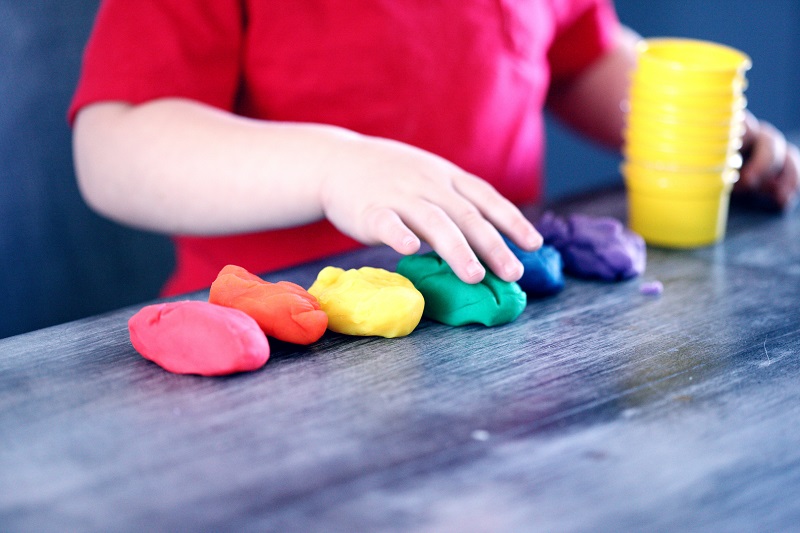
If you’re seeking to aid your child in improving their communication, social, or self-regulation skills, there are numerous stimulating activities that can be beneficial for the development of children with autism. Play holds immense significance for children with autism as it can enhance their sensory, social, and communication abilities. Since children with autism might face difficulties in social interactions and motor planning, as well as sensory processing, it can be challenging for them to engage with their surroundings and interact with others. However, appropriate activities can assist in making this process more enjoyable and engaging for children with autism, and in turn, promote their skill development.
Although having a variety of activities at your disposal is advantageous, it’s important to remember that what might be effective for one child may not be so for another. Discovering suitable activities for your child will likely require experimentation and evaluation. Since every child’s requirements are unique, there isn’t a universal solution for identifying activities that will aid your child’s development.
These are some of the typical activities that families with ASD children engage in. Naturally, your interests and those of your child may differ, but these recommendations can provide you with numerous ideas to attempt and enhance in the future.
● Sensory Play
Sensory play is a great way to engage children with autism and promote sensory integration. Sensory activities can include playing with sand, water, or rice, or exploring different textures like play dough, shaving cream, or slime. You can also create sensory bins with various materials like dried beans, pasta, or cotton balls. Sensory play allows children to explore different textures and sensations in a safe and controlled environment, helping them develop their sensory processing skills.
● Social Skills Games
Social skills games are a great way to help children with autism develop their social skills and communication. Some popular social skills games include role-playing games, board games, and card games. These games can help children practice turn-taking, sharing, listening, and following rules. You can also create your own social skills games, such as conversation starters or social story games, that focus on specific social skills that your child needs to work on.
● Art and Crafts
Art and crafts activities can help children with autism develop their creativity and fine motor skills. Art and crafts can include drawing, painting, collaging, and sculpting. These activities allow children to express themselves in a non-verbal way, and can help improve their self-esteem and self-expression. You can also create art projects that focus on specific skills, such as tracing or cutting, to help develop fine motor skills.
● Music and Movement
Music and movement activities can help children with autism develop their coordination, gross motor skills, and communication. Music activities can include singing, playing instruments, or listening to music and dancing. You can also create movement activities that focus on gross motor skills, such as jumping, hopping, or skipping. Music and movement activities can be a fun and engaging way for children with autism to develop their physical and social skills.
● Sensory Integration Activities
Sensory integration activities can help children with autism develop their sensory processing skills. These activities can include swinging, bouncing, or jumping on a trampoline, playing on a sensory swing, or using a therapy ball. Sensory integration activities can help children regulate their sensory input and improve their ability to process sensory information.
While it’s beneficial to find activities that can support a child with autism, it’s important to note that the process is intricate and highly individualized. The appropriateness of an activity largely depends on the specific sensory, motor, communication, social/emotional processing, and executive functioning abilities of the child. The most effective forms of play are those that the children select themselves since they are enjoyable and fun. The purpose of play is to boost positive emotions and foster social connections. From this perspective, parents need not feel compelled to do anything other than participate in their child’s chosen play activity and enjoy it together.
Get Started Today!
As a parent of a child with autism, you are familiar with both the rewards and difficulties that come with raising them. If you believe that you may benefit from professional assistance in creating and organizing activities for your child, please do not hesitate to contact us. We can help you devise activities that are tailored to your child’s unique needs and abilities.
Written by: Alex Liau
Published on 14 June 2023





